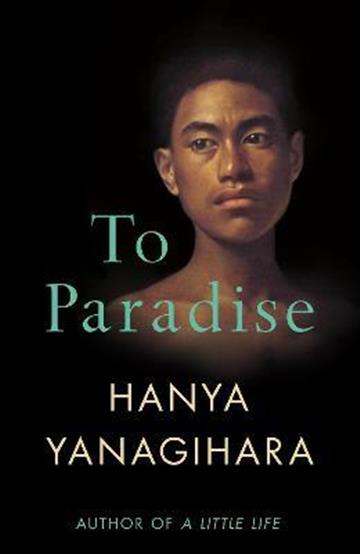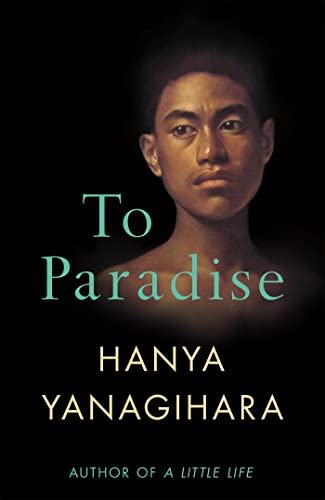


The day was over, almost, and the sky was the particular rich ink-purple that he couldn’t see without remembering, achily, being away at school and watching everything shade itself black and the outline of the trees dissolve in front of him. He would have to go more quickly than he would were his time his own, but he found himself being deliberately contrary, walking instead at his slower pace, listening to the clicks of his boot heels on the pavestones ringing purposefully in the cold air. Today, though, as he was leaving, the little maid handing him his gloves said, “Mister Bingham says to remind you that your brother and sister are coming tonight for supper,” and he said, “Yes, thank you, Jane, for reminding me,” as if he’d in fact forgotten, and she made a little curtsy and closed the door behind him.

He had come into the habit, before dinner, of taking a walk around the park: ten laps, as slow as he pleased on some evenings, briskly on others, and then back up the stairs of the house and to his room to wash his hands and straighten his tie before descending again to the table. The great power of this remarkable novel is driven by Yanagihara’s understanding of the aching desire to protect those we love-partners, lovers, children, friends, family, and even our fellow citizens-and the pain that ensues when we cannot. To Paradise is a fin de siècle novel of marvelous literary effect, but above all it is a work of emotional genius.


 0 kommentar(er)
0 kommentar(er)
